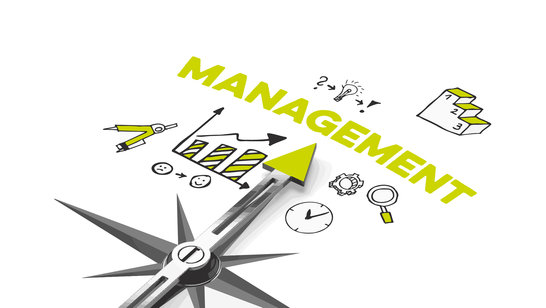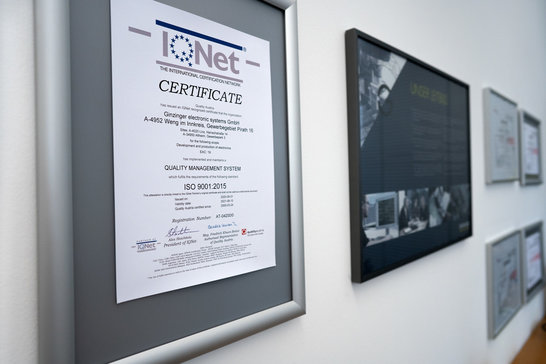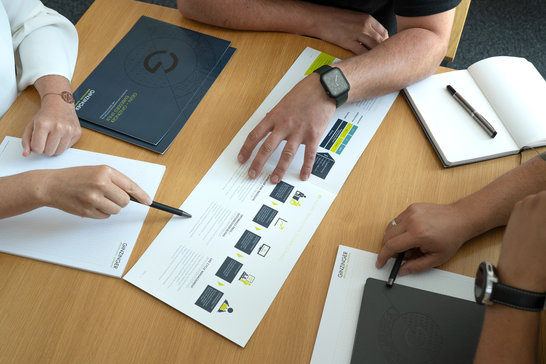Visionary
Excellence with a system: EFQM as a guide for the future
The EFQM model supports companies in developing their organization holistically—in a structured, measurable, and forward-looking manner.

Companies are constantly faced with key questions: Where are they currently? How can they drive sustainable development forward? And what does it take to achieve true excellence beyond pure quality management? Orientation, clear structures, and a systematic reflection process are essential in this regard. The EFQM model is an effective tool on this path.
EFQM – a model with vision
EFQM stands for the European Foundation for Quality Management. Despite its technical-sounding name, it is a practical management model that helps companies develop holistically. It does not focus exclusively on figures or processes, but also incorporates areas such as leadership, employees, strategy, innovation, and results. The aim is to gain a comprehensive view of the company, with a focus on sustainable performance and future viability.

Why companies rely on EFQM
Excellence does not happen by chance, but is the result of systematic development. The EFQM model provides a clear structure for self-assessment and comparison with other excellent organizations. It uses a standardized assessment system with up to 1,000 points, which is applied objectively by external assessors.
In addition, the model enables regular internal reflection. The insights gained from this flow directly into strategic decision-making processes – especially into annual planning, where the course for the future is set.
In Austria, leading companies currently achieve around 800 EFQM points – a level that places high demands on structure, innovation, and quality in practice. For organizations aiming to achieve this target, this means a clear focus on continuous improvement, teamwork, and strategic excellence.
EFQM in everyday business life
EFQM is much more than a certificate or a one-time check: it is a permanent management tool that shapes everyday business life. The focus is on questions such as:
- What are the actual needs of customers?
- How can structures be designed efficiently and in a future-proof manner?
- What is needed to ensure that all employees work together in a targeted manner?
The EFQM model not only creates transparency, but also promotes the development of an open, learning-oriented corporate culture.
Organizations that work with EFQM – or are considering introducing the model – benefit from a sound system for assessing their current position, strategic development, and market positioning. The exchange with other EFQM users provides additional impetus and perspectives.

